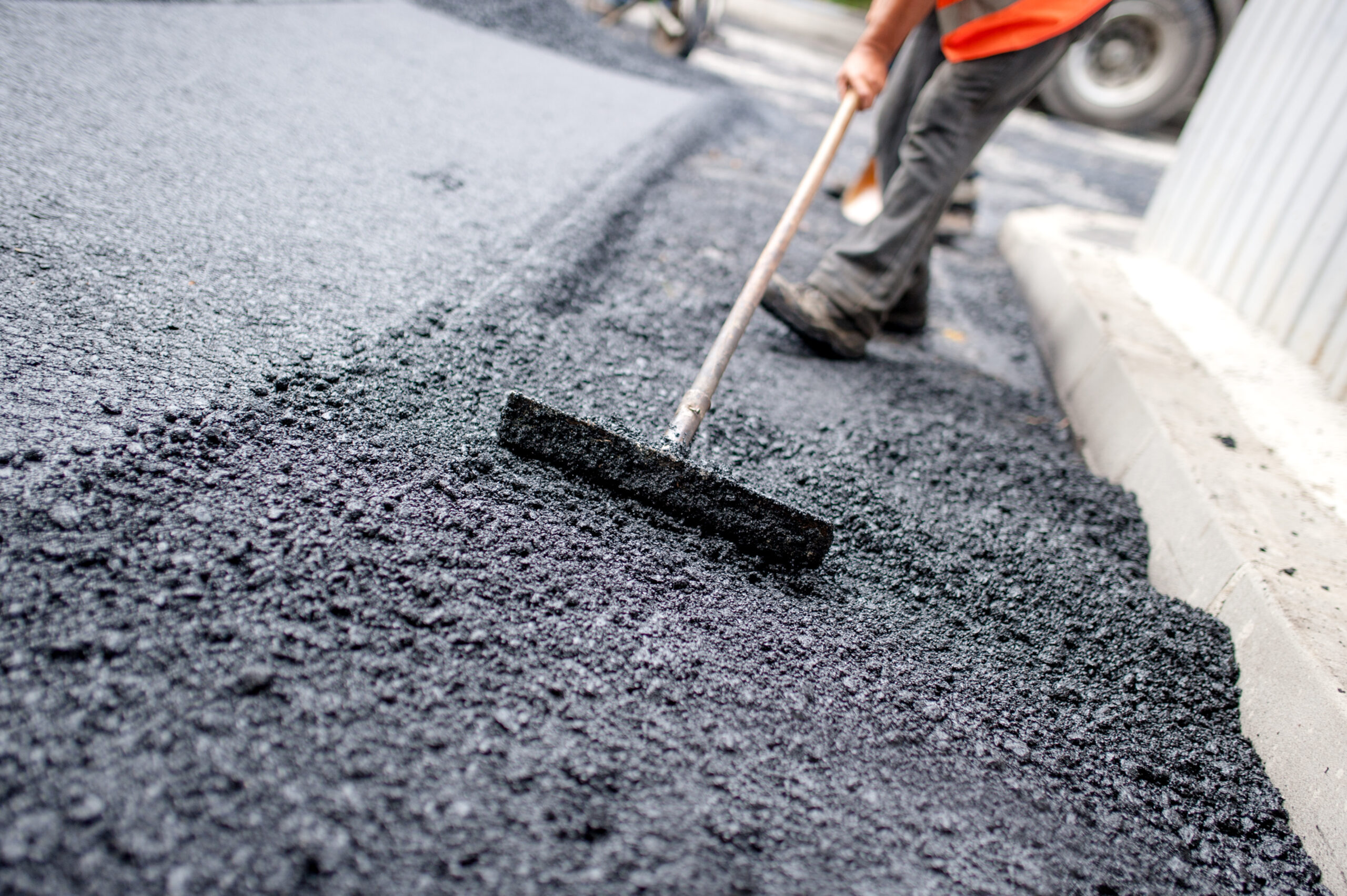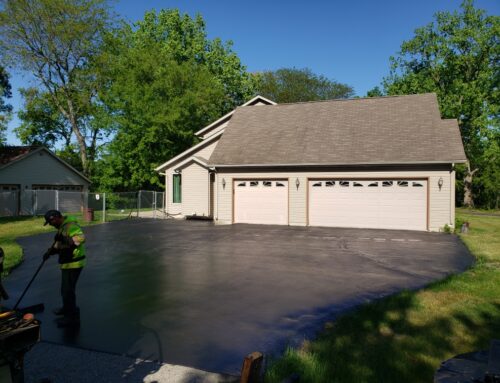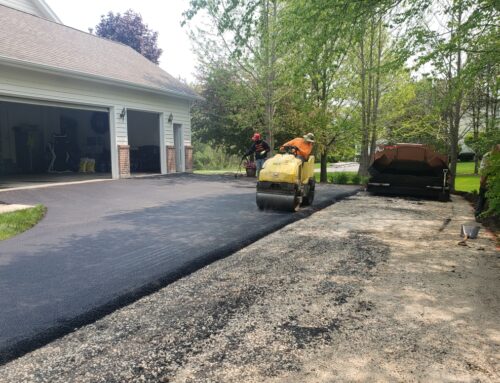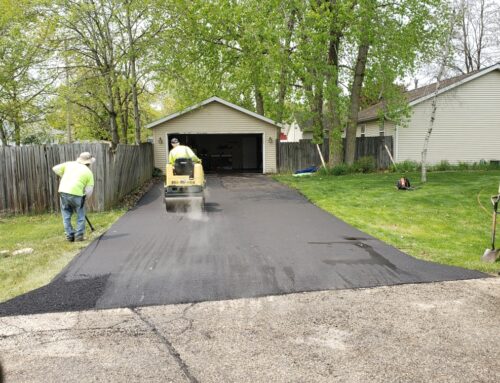Unraveling the Mysteries of Asphalt for Better Driveway Decisions
Asphalt is a common and popular choice for driveway surfaces, but have you ever wondered about the science behind this versatile material? In this blog post, we’ll dive into the composition, production, and properties of asphalt, providing valuable insights for homeowners considering an asphalt driveway or seeking to better understand their existing pavement.
The Composition of Asphalt
At its core, asphalt is a mixture of aggregates (crushed stone, sand, and gravel) and a binding agent called bitumen. Bitumen is a thick, sticky, black or dark brown substance derived from crude oil through a distillation process. The combination of aggregates and bitumen creates a flexible and durable material perfect for paving driveways, roads, and other surfaces.
How Asphalt is Produced
Asphalt production involves several stages:
Aggregate preparation: Aggregates are crushed, screened, and washed to achieve the desired size and consistency.
Bitumen production: Crude oil is processed through a series of distillation and refining steps to extract bitumen.
Mixing: The aggregates and bitumen are heated and combined in precise proportions in an asphalt plant to create a homogeneous mixture known as hot mix asphalt (HMA).
Transport and application: The HMA is transported to the job site, where it’s spread, compacted, and allowed to cool, forming a durable, long-lasting pavement surface.
Key Properties of Asphalt
Understanding the properties of asphalt can help homeowners make informed decisions about their driveway surface:
Flexibility: Asphalt’s flexibility allows it to withstand temperature fluctuations and ground movements, reducing the risk of cracks and other damage.
Water resistance: The bitumen binder in asphalt makes it resistant to water penetration, which can cause freeze-thaw damage and other issues.
Durability: A well-designed and properly installed asphalt driveway can last up to 20 years or more with proper maintenance.
Noise reduction: Asphalt’s porous structure absorbs road noise, providing a quieter environment for homeowners.
Ease of repair: Damaged areas of an asphalt driveway can be easily patched or resurfaced, extending the pavement’s lifespan and maintaining its appearance.
Asphalt Maintenance Tips for Homeowners
To get the most out of your asphalt driveway, consider these maintenance tips:
Regular cleaning: Keep your driveway free of debris, dirt, and stains to prevent damage and maintain its appearance.
Crack filling: Promptly fill any cracks to prevent water infiltration and further deterioration.
Seal coating: Apply a protective seal coat every 3-5 years to shield your driveway from UV rays, water, and chemicals, while also enhancing its appearance.
Address drainage issues: Ensure proper drainage around your driveway to prevent water from pooling and causing damage.
Making an Informed Choice for Your Driveway
By understanding the science behind asphalt, homeowners can make more informed decisions when choosing a driveway material or maintaining their existing pavement. If you’re considering an asphalt driveway or need assistance with maintenance, Armored Asphalt is here to help. Our expertise in asphalt paving and maintenance ensures a long-lasting, attractive driveway that will serve you well for years to come. Contact us today to discuss your asphalt needs and receive a free estimate.





Leave A Comment